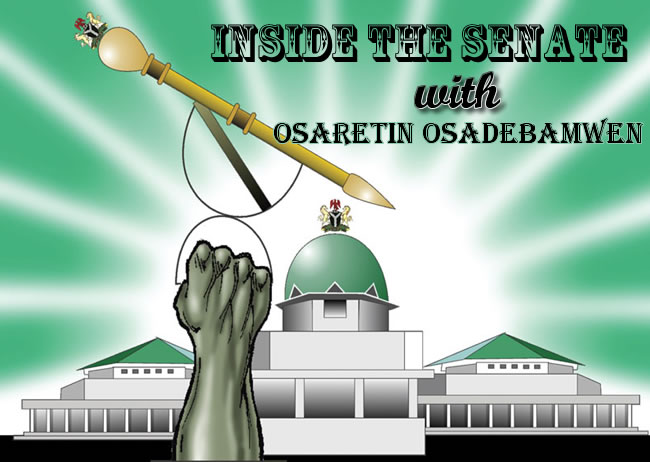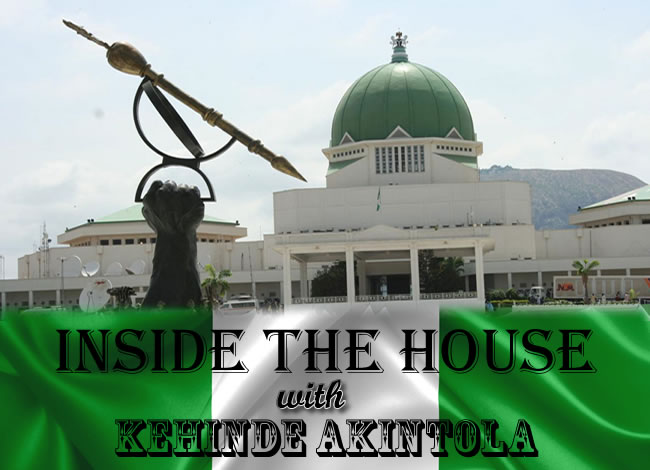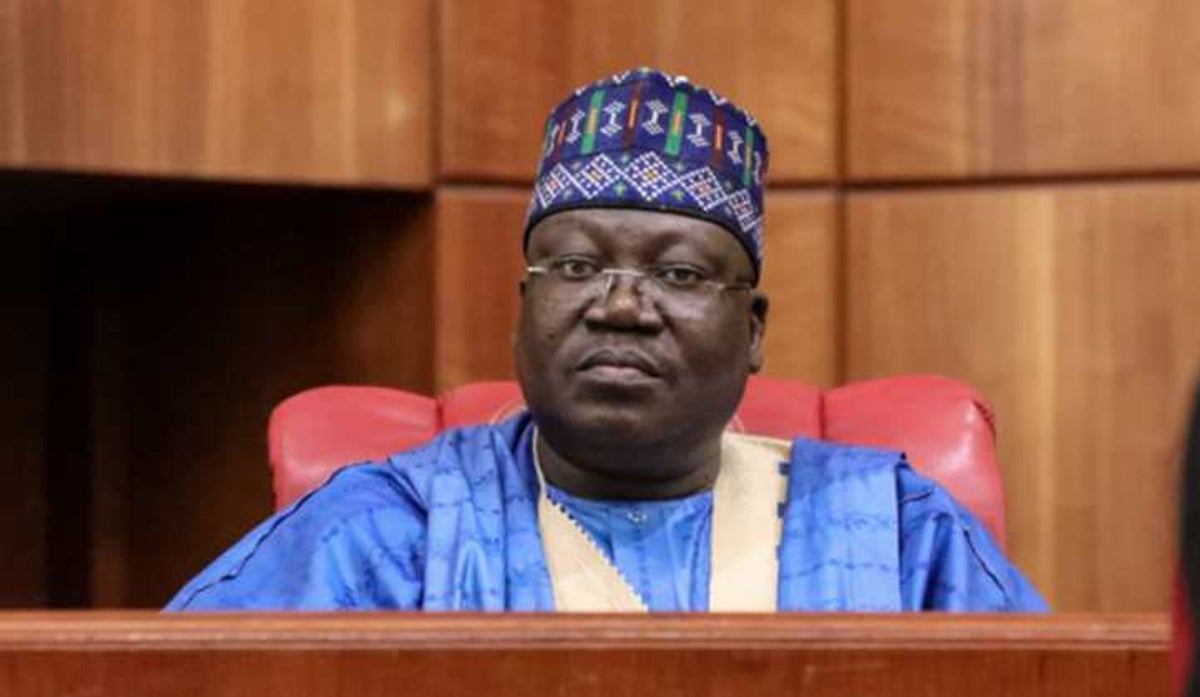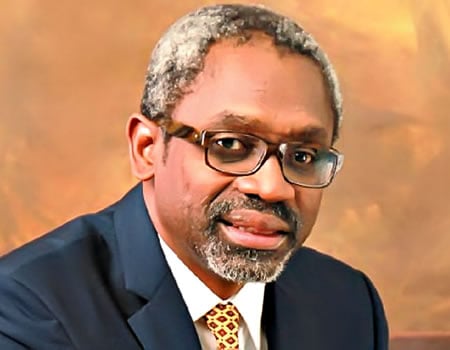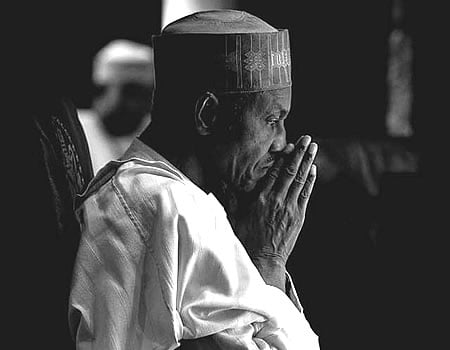THE dateline was the premises of the National Assembly. And the event was a press conference called at the instance of the President of the Senate, Ahmad Lawan. It was the second of such conference since he assumed office. The main agenda of the occasion was an appraisal of the activities of the ninth Assembly in the last two years. “This is the worst we can ever be,” he told the Abuja creme de la cremein the media. He did not stop at that confession. His other confession was about perceived constraints occasioned by his exalted position, status and maturity to always be on the side of caution, especially on issues bordering on national security, interests. According to him, this is because his comment bears the position and semblance of the Senate and could be misconstrued.
His third confession was that the belief that the citizens do not often rise to the occasion of putting pressure appropriately when apportioning blame, especially when it concerns the executive arm of government. For instance, it is curious that when the Senate passes resolutions on crucial national issues, Nigerians do not put pressure on the executive to act accordingly.
Lawan’s confession of his limitations at the meeting were numerous. He noted that the Federal Government’s ban on Twitter usage in the country did not meet public expectations because Nigerians social media platform. He couldn’t speak at the time because the Minister of Information and Culture, Alhaji Lai Mohammed, had already informed the nation that both the government and Twitter were already finding solutions to the problem created thereafter.
The message for the second anniversary of the Senate under his watch seemed a deflation of the first anniversary, where Lawan was assertive on the duty of the legislature. He used the interaction with the media to assured of the passage of the PIG Bill which the ninth Assembly had earlier promised to treat expeditiously at inception. He had promised that both the PIB and the Electoral Act bill would be passed last year. The PIB and the Electoral Act amendment are crucial to many major stakeholders .Therefore, many are looking forward to the Senate passing the bills in July based on its promise.
Another core issue that remains in the front-burner is on the debt profile of both the federal and state governments. Government functionaries had attributed the development to the need to address infrastructure deficit and give fillip to the economy. Lawan offered a seemingly possible middle ground on the contentious issue: “What we have to do is to raise funds and there are so many ways to do this. Are we going to raise taxes? Can we afford to raise taxes in the current situation for us to fund the infrastructure as it is a must to have infrastructure like roads, railways, and so on? One option is out, and that is not to do anything.”
During the life of the last Senate, the Kaduna State government had a sustained battle with Senator Shehu Sani over his opposition to a $350m foreign loan. He was labelled the enemy of the state, when the state said it did not get the support of Senator Sani. And in the present dispensation, the leadership of the Senate is advocating that all the issues concerning borrowing be put in proper perspectives. Lawan observed that “We cannot afford not to construct roads and other social amenities that would boost our economy. We cannot afford to raise taxes. “The only option is to borrow, and to borrow, responsibly..” He called for necessary public awareness and mobilisation on all matters relating to borrowing to avoid misconceptions. “We are not doing enough to educate Nigerians on some of these issues because many Nigerians feel that the debt burden is too heavy. Honestly, permit me to have an opinion, it is a necessary burden because to do otherwise will be irresponsible of any government to keep an economy that is stagnated. We have to move on. But we must ensure also that those projects, when completed, are to generate revenue to pay for the debt.” He underscored the strategic place of the people in the whole issue: “Citizens’ participation in governance promotes democracy.” He illustrated the point, with his experience as chairman of the then House Committee on Public Accounts. So, as the Assembly begins the journey into its third year, Nigerians are bound to be curious on how it raises the bar, especially when the buildup to the 2023 elections gathers momentum.
YOU SHOULD NOT MISS THESE HEADLINES FROM NIGERIAN TRIBUNE
Lagos Is Second Least Liveable City In The World For 2021
Lagos is the second least liveable city in the world for the year 2021. This is according to the most recent annual ranking put together by the Economist Intelligence Unit (EIU)…
CLAIM 1: A Twitter user claims UNICEF said any efforts to block children from accessing pornography might infringe their human rights.

